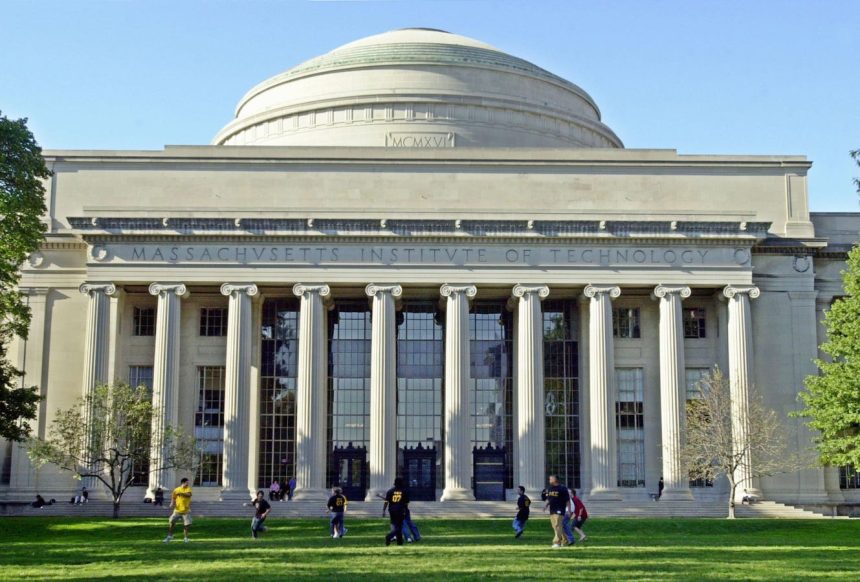The escalating deforestation crisis demands innovative solutions. Foray Bioscience, a startup operating within MIT’s Engine incubator, is pioneering a method to produce synthetic wood products from plant cells, aiming to mitigate deforestation and support targeted reforestation efforts. Driven by the alarming rate of forest loss and its devastating impact on biodiversity and ecosystem resilience, Foray’s research leverages cellular agriculture and tissue engineering, potentially offering a scalable alternative to traditional wood sourcing. This approach involves extracting live cells from plant leaves, like the black cottonwood, and culturing them in a liquid medium until they multiply. Subsequently, these cells are transferred to a hormone-rich gel, stimulating their growth into wood-like structures. The process also offers the potential to generate valuable secondary products, including aromatics and embryos for seed production.
The current seed-based reforestation methods face significant challenges. Seed sourcing is laborious and inefficient, and the survival rate of planted seeds is disappointingly low. Existing seed banks struggle to meet the demand for reforestation, especially following large-scale disturbances like wildfires. This seed shortage severely hampers reforestation initiatives and underscores the need for alternative approaches. Foray Bioscience’s cellular agriculture method aims to overcome these limitations by rapidly generating wood-like materials in a controlled laboratory environment, significantly reducing the reliance on traditional seed-based methods. The technology promises a much faster growth rate compared to conventional tree growth, potentially accelerating reforestation efforts and enabling the creation of diverse ecosystems rather than monocultures.
The urgency of this work is amplified by the accelerating pace of climate change. As climatic conditions shift rapidly, reforestation efforts must anticipate future climate scenarios rather than simply restoring past ecosystems. This forward-looking approach is crucial for ensuring the long-term survival and resilience of newly planted forests. Foray Bioscience recognizes the need to create ecosystems that can thrive in future climates, emphasizing the importance of diversity and adaptability in their approach. By aligning reforestation strategies with projected climate changes, they aim to create robust and sustainable forests that can withstand the challenges of a changing world.
Foray Bioscience’s method holds the potential to revolutionize reforestation by addressing critical bottlenecks in seed supply and enabling the rapid production of wood-like materials. By incorporating AI and big data analytics, they aim to optimize the process and scale it effectively. However, the efficacy of this technology in offsetting deforestation and its long-term impact on ecosystems remains a subject of debate. While some experts express skepticism about its potential to significantly reduce deforestation, others highlight the promising speed of cell growth in the lab, offering a potentially powerful tool for large-scale reforestation.
The success of this and other innovative reforestation strategies ultimately hinges on broader factors beyond scientific advancements. Addressing the underlying drivers of deforestation, such as unsustainable logging practices and land conversion, is crucial. Furthermore, political will and public support are essential for implementing effective policies and allocating resources towards large-scale reforestation initiatives. The combined efforts of scientific innovation, policy changes, and public engagement are necessary to reverse the alarming trend of deforestation and safeguard the planet’s invaluable forest ecosystems.
Ultimately, the future of our forests rests on a multi-pronged approach that embraces technological innovation, policy reform, and societal commitment. Foray Bioscience’s work represents a promising step towards developing more efficient and scalable reforestation methods. However, achieving meaningful and lasting impact requires a concerted effort from all stakeholders, including governments, industries, and individuals, to address the root causes of deforestation and invest in sustainable solutions for a greener future. The urgency of the situation demands that we act swiftly and decisively to protect these vital ecosystems before it’s too late.



